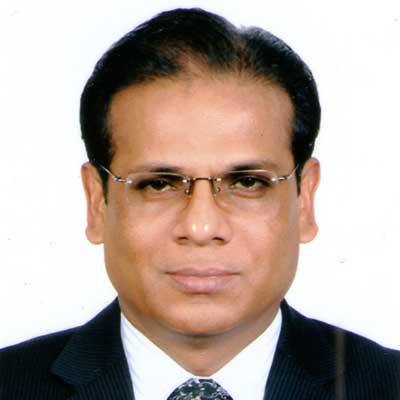HSBC pledged a new era of higher dividends on Tuesday, laying out plans to slash nearly one in five jobs and shrink its investment bank by a third to combat sluggish growth across its sprawling empire.
Chief executive Stuart Gulliver has made it his mission to boost profits since taking the helm of Europe’s largest bank by assets in 2011 but his efforts have so far been foiled by high compliance costs, fines and low interest rates.
In the bank’s second big overhaul since the financial crisis it will speed up a cull of unprofitable units and countries by cutting almost 50,000 jobs — half of them from selling businesses in Brazil and Turkey.
It will cut its assets by a quarter, or $290 billion on a risk adjusted basis by 2017, and slice $140 billion from its investment bank which will subsequently make up less than a third of HSBC’s balance sheet from 40 per cent now.
Gulliver also pledged higher payouts for investors. ‘I believe that we are in the foothills of another prolonged period of dividend growth for the firm,’ he said. He noted that the bank’s dividend had grown from 17 years from 1991 to 2008.
But investors were cautious about how HSBC would translate job cuts into meaningful savings given the higher cost of doing business in a tougher post-crisis business environment marked by new rules on risk and compliance.
‘Slaughtering the staff is not necessarily the solution unless management makes the bank considerably less complex,’ said James Antos, analyst at Mizuho Securities Asia.
HSBC shares dipped 0.1 per cent in morning trade, pressured also by disappointment about the bank’s decision to lower its target for return on equity to greater than 10 per cent by 2017, down from a previous target of 12-15 per cent by 2016.
Like rivals Deutsche Bank and Barclays, HSBC has been facing calls for more radical cuts at the investment bank given tough operating conditions.
Some analysts said the changes did not go far enough, though others said the asset reduction plan was a substantial shift.
‘The cuts provide significant headroom for the group to
fund asset growth in Asia and absorb RWA inflation, whilst protecting its ability to pay a progressive dividend,’ said Gurpreet Singh Sahi, analyst at Goldman Sachs.
In addition to the jobs lost through disposals, others will be cut by consolidating IT and back office operations, and closing branches.
Md Fazlur Rahman has been promoted as deputy managing director of NCC Bank, the bank said in a statement yesterday.
Prior to the promotion, Rahman has been serving the bank as senior executive vice president.
He has also served the bank as head of SME and retail banking, credit card, credit administration and law and recovery division, the bank said. He began his career with Pubali Bank and also worked with National Bank and Exim Bank in the last three decades. Rahman holds a master degree in economics, according to the statement.
News:The Daily Star/11-Jun-2015





